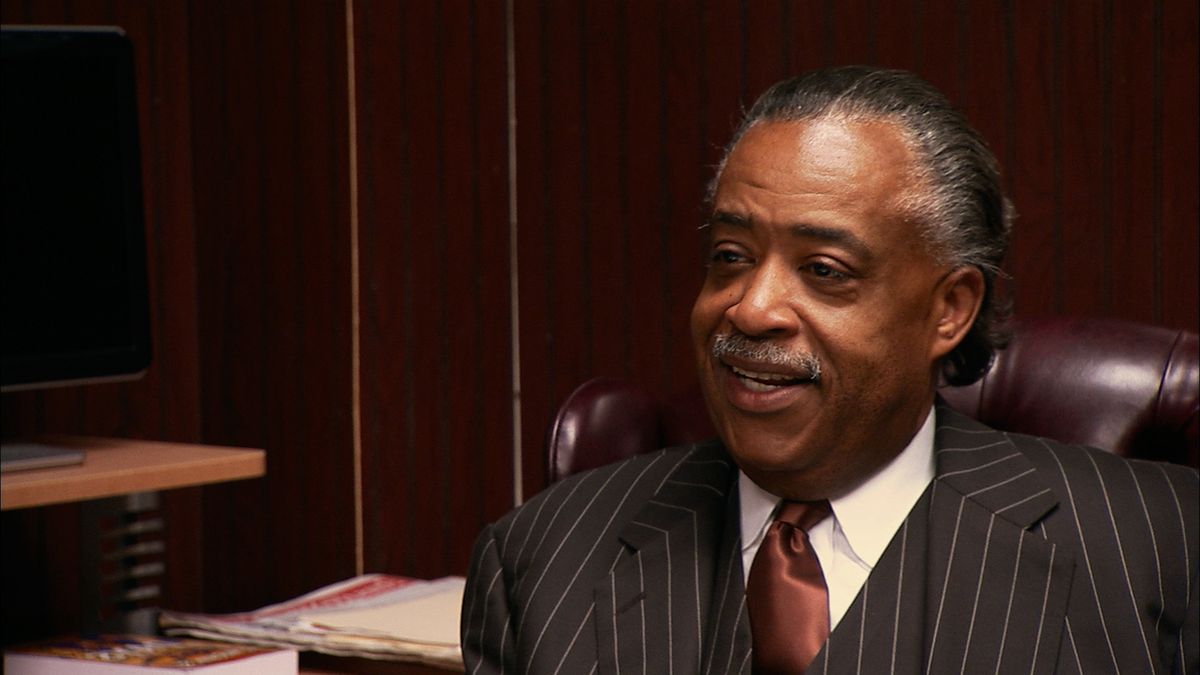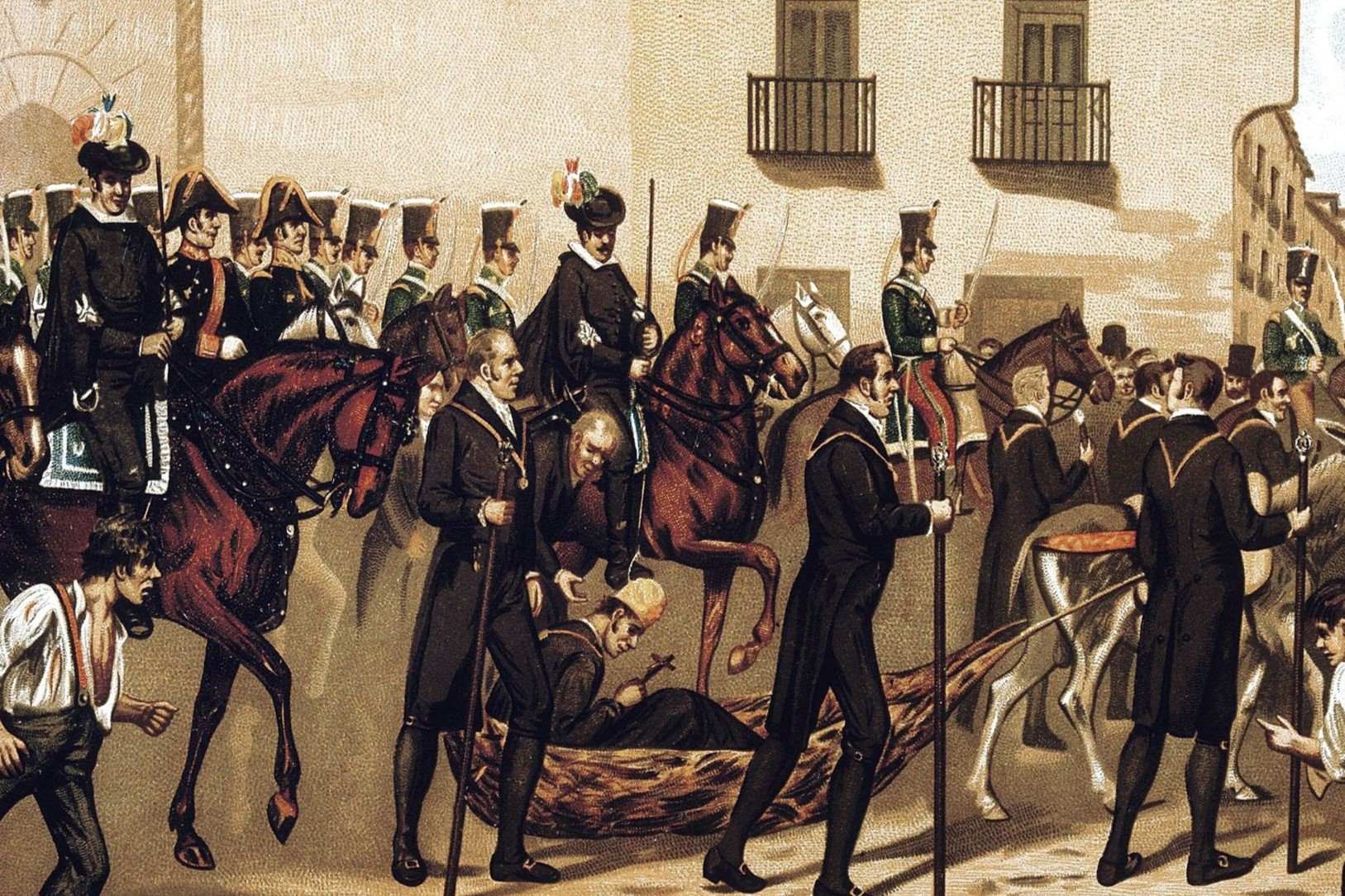
Who is Al Sharpton? Al Sharpton is a prominent civil rights activist, Baptist minister, and television/radio talk show host. Known for his fiery speeches and unwavering dedication to social justice, Sharpton has been a vocal advocate for African American rights since the 1980s. He founded the National Action Network, an organization committed to promoting civil rights and providing a voice for marginalized communities. Sharpton has also run for political office, including a bid for the Democratic presidential nomination in 2004. His influence extends to media, where he hosts "PoliticsNation" on MSNBC. Sharpton's impact on American society is undeniable.
Key Takeaways:
- Al Sharpton, a civil rights leader, overcame challenges and controversies to become a prominent activist, advocate, and media figure, leaving a lasting impact on American society.
- From his early days as a preacher to his influence in politics and media, Al Sharpton's dedication to civil rights and social justice has inspired a new generation of activists and led to significant policy changes.
Early Life and Background
Al Sharpton, a prominent civil rights activist, has a fascinating life story. Let's dive into some interesting facts about his early years and background.
- Born on October 3, 1954, in Brooklyn, New York, Al Sharpton grew up in a working-class family.
- His father left the family when Sharpton was just 10 years old, leaving his mother to raise him and his sister alone.
- Sharpton began preaching at the age of four, delivering sermons at the Washington Temple Church of God in Christ in Brooklyn.
- By age nine, he was ordained as a Pentecostal minister by Bishop F.D. Washington.
- He attended Samuel J. Tilden High School in Brooklyn, where he was an active student and participated in various extracurricular activities.
Rise to Prominence
Sharpton's journey to becoming a well-known civil rights leader is filled with notable events and achievements.
- In 1969, he founded the National Youth Movement to fight for social justice and civil rights.
- He worked as James Brown's tour manager in the 1970s, which helped him build connections with influential figures.
- Sharpton gained national attention in the 1980s for his involvement in high-profile cases, such as the Tawana Brawley case.
- He founded the National Action Network (NAN) in 1991, an organization dedicated to promoting civil rights and social justice.
- Sharpton ran for the U.S. Senate in 1992 and 1994, though he was not successful in either campaign.
Political Career
Al Sharpton's political career has been marked by several significant moments and campaigns.
- In 2004, he ran for the Democratic nomination for President of the United States.
- During his presidential campaign, Sharpton focused on issues such as racial equality, economic justice, and police reform.
- He has been a vocal critic of both Republican and Democratic administrations, advocating for policies that benefit marginalized communities.
- Sharpton has frequently appeared on television and radio programs to discuss political and social issues.
- He has been a key figure in organizing protests and rallies, including the 2014 "Justice for All" march in Washington, D.C.
Advocacy and Activism
Sharpton's dedication to civil rights and social justice has led to numerous impactful initiatives and actions.
- He played a significant role in the protests following the police shooting of Amadou Diallo in 1999.
- Sharpton has been a strong advocate for police reform and accountability, often speaking out against police brutality.
- He has worked to address issues such as voter suppression, economic inequality, and healthcare disparities.
- Sharpton has been involved in efforts to reform the criminal justice system, including advocating for the end of mandatory minimum sentences.
- He has supported LGBTQ+ rights, speaking out against discrimination and advocating for marriage equality.
Media Presence
Al Sharpton's influence extends beyond activism and politics, as he has also made a significant impact in the media.
- He hosted the radio talk show "Keepin' It Real with Al Sharpton," which aired on various stations across the country.
- Sharpton has been a frequent guest on news programs, providing commentary on social and political issues.
- In 2011, he became the host of "PoliticsNation" on MSNBC, a show focused on political analysis and commentary.
- He has written several books, including "Go and Tell Pharaoh" and "The Rejected Stone," sharing his experiences and insights.
- Sharpton has used his media platform to amplify the voices of marginalized communities and advocate for social change.
Personal Life
Beyond his public persona, Al Sharpton has a personal life filled with interesting details and experiences.
- He married Kathy Jordan in 1980, and they have two daughters together, Dominique and Ashley.
- Sharpton and Jordan separated in 2004, though they have remained amicable and co-parent their children.
- He has been open about his struggles with weight and health, undergoing gastric bypass surgery in 2002.
- Sharpton is known for his distinctive fashion sense, often wearing tailored suits and his signature hairstyle.
- He has a close friendship with former President Barack Obama, who has praised Sharpton's dedication to civil rights.
Controversies and Criticisms
Like many public figures, Al Sharpton has faced his share of controversies and criticisms throughout his career.
- The Tawana Brawley case in the late 1980s brought significant scrutiny to Sharpton, as many questioned his handling of the case.
- He has been criticized for his outspoken and sometimes confrontational style, which some believe undermines his message.
- Sharpton has faced allegations of financial impropriety, including issues with unpaid taxes and the finances of his organizations.
- Despite these controversies, Sharpton has remained a prominent and influential figure in the civil rights movement.
- He has acknowledged his mistakes and has worked to address criticisms, continuing to advocate for social justice.
Awards and Recognitions
Sharpton's contributions to civil rights and social justice have earned him numerous awards and recognitions.
- He received the James Farmer Award from the Congress of Racial Equality in 1993.
- Sharpton was awarded the National Association for the Advancement of Colored People (NAACP) President's Award in 2004.
- He has been named one of Time magazine's 100 most influential people multiple times.
- Sharpton received the BET Humanitarian Award in 2012 for his work in advocating for civil rights.
- He has been honored by various organizations for his dedication to social justice and equality.
Legacy and Impact
Al Sharpton's legacy and impact on the civil rights movement and American society are undeniable.
- He has inspired a new generation of activists to continue the fight for social justice and equality.
- Sharpton's work has led to significant policy changes and increased awareness of issues affecting marginalized communities.
- He has built a lasting legacy through the National Action Network, which continues to advocate for civil rights.
- Sharpton's influence extends beyond the United States, as he has spoken out on global issues such as apartheid in South Africa.
- His dedication to civil rights has earned him a place among the most influential activists in American history.
Fun Facts
Here are some fun and lesser-known facts about Al Sharpton that highlight his unique personality and interests.
- He is an avid fan of professional wrestling and has appeared on WWE programming.
- Sharpton has a passion for music and has recorded several songs, including a gospel album.
- He enjoys cooking and has shared some of his favorite recipes in interviews.
- Sharpton is a fan of classic cars and has a collection of vintage vehicles.
- He has a love for animals and has been involved in various animal rights initiatives.
Continuing the Fight
Even after decades of activism, Al Sharpton remains committed to fighting for justice and equality.
- He continues to lead the National Action Network, organizing events and advocating for policy changes.
- Sharpton frequently speaks at colleges and universities, inspiring young people to get involved in activism.
- He has been a vocal advocate for the Black Lives Matter movement, supporting protests and calling for police reform.
- Sharpton's work has had a lasting impact on American society, and he remains a powerful voice for change.
Reflecting on Al Sharpton's Legacy
Al Sharpton's life is a tapestry of activism, controversy, and undeniable impact. From his early days as a youth preacher to becoming a prominent civil rights leader, Sharpton's journey is marked by his relentless fight for justice. His involvement in high-profile cases and his ability to mobilize communities have made him a significant figure in American history. Despite facing criticism and challenges, Sharpton's commitment to advocating for the marginalized remains steadfast. His work with the National Action Network and his presence in media continue to influence public discourse on race and equality. Love him or hate him, Sharpton's legacy is a testament to the power of perseverance and the ongoing struggle for civil rights. As we reflect on his contributions, it's clear that his impact will be felt for generations to come.
Frequently Asked Questions
Was this page helpful?
Our commitment to delivering trustworthy and engaging content is at the heart of what we do. Each fact on our site is contributed by real users like you, bringing a wealth of diverse insights and information. To ensure the highest standards of accuracy and reliability, our dedicated editors meticulously review each submission. This process guarantees that the facts we share are not only fascinating but also credible. Trust in our commitment to quality and authenticity as you explore and learn with us.


